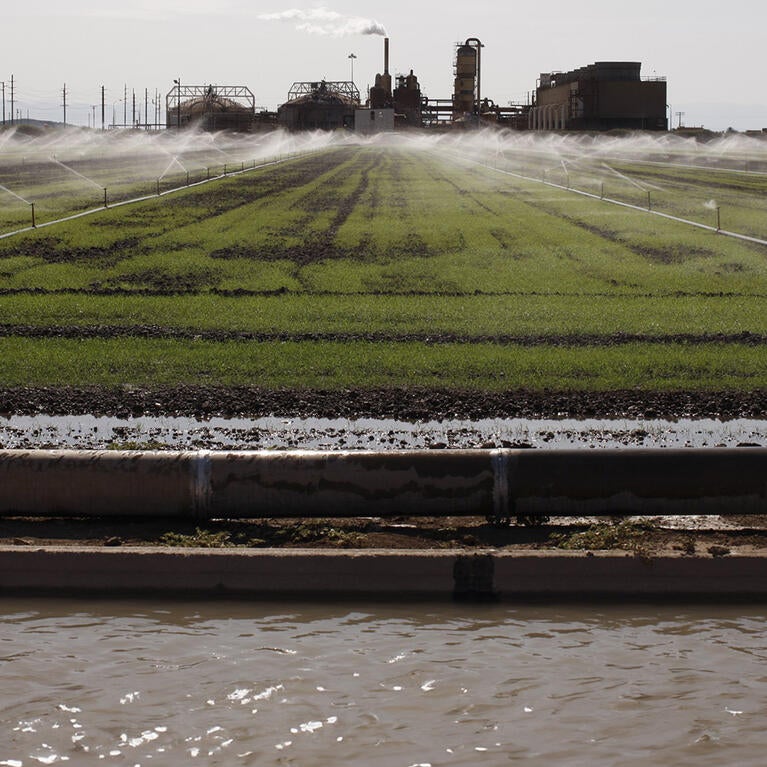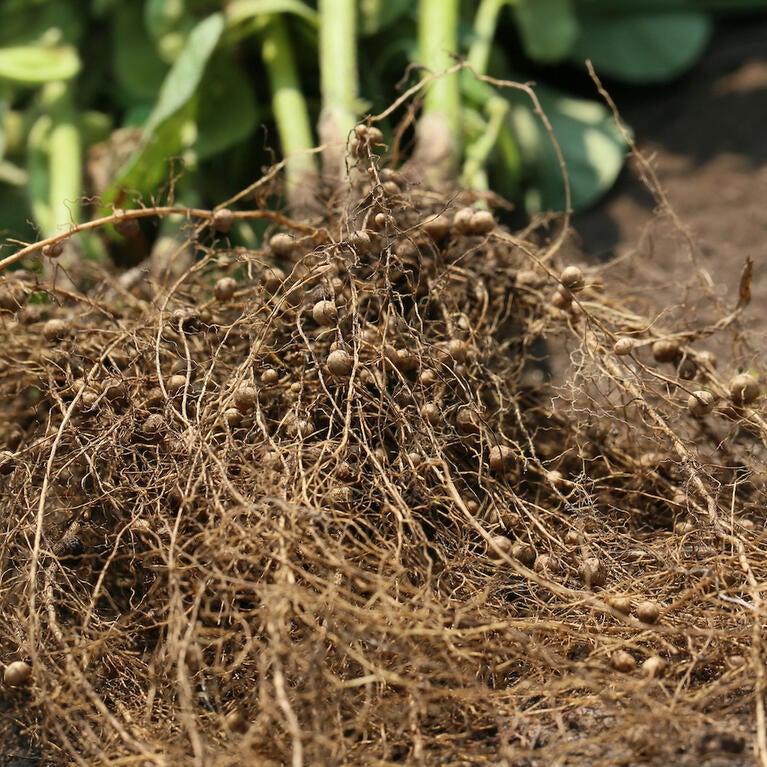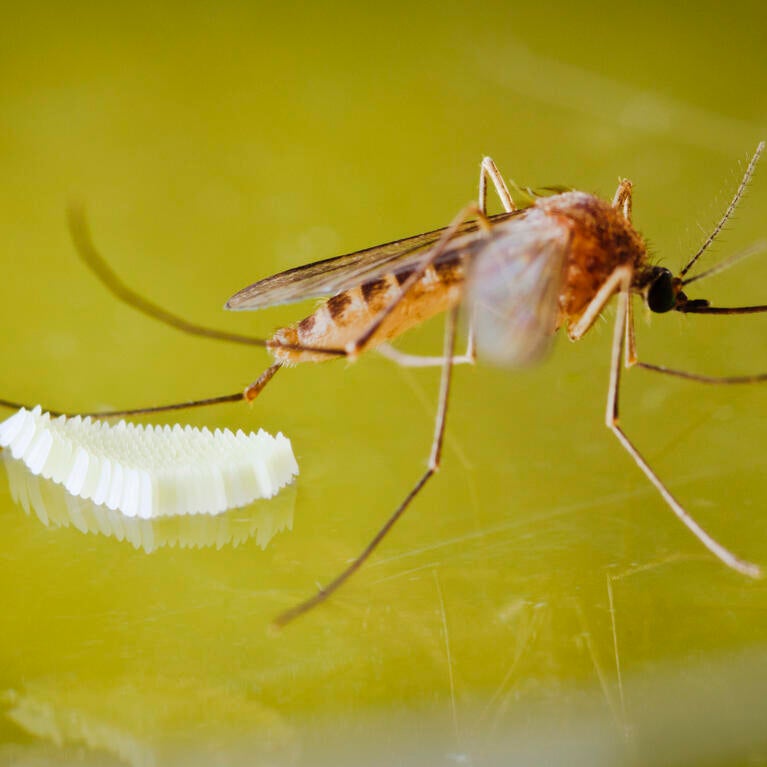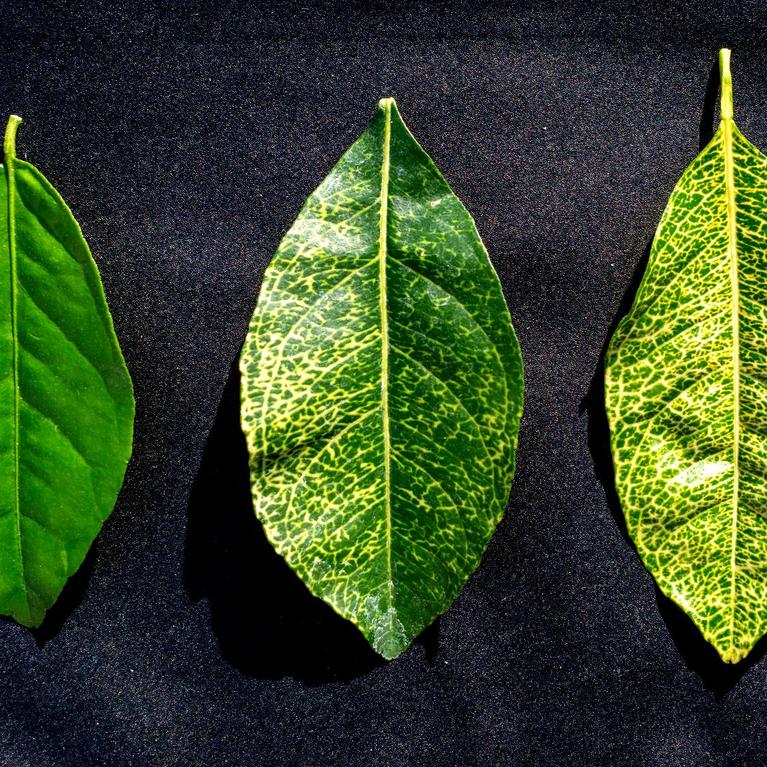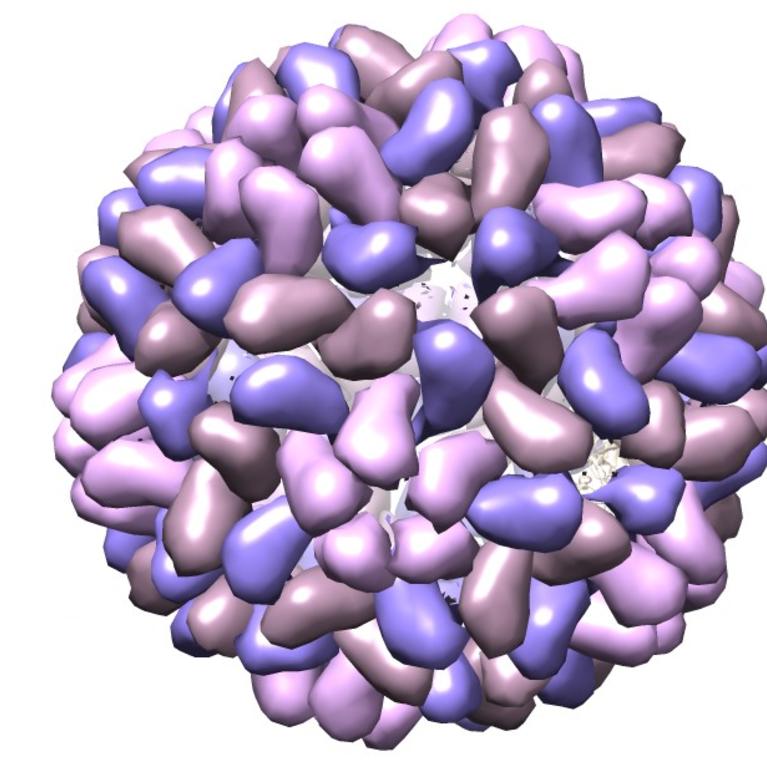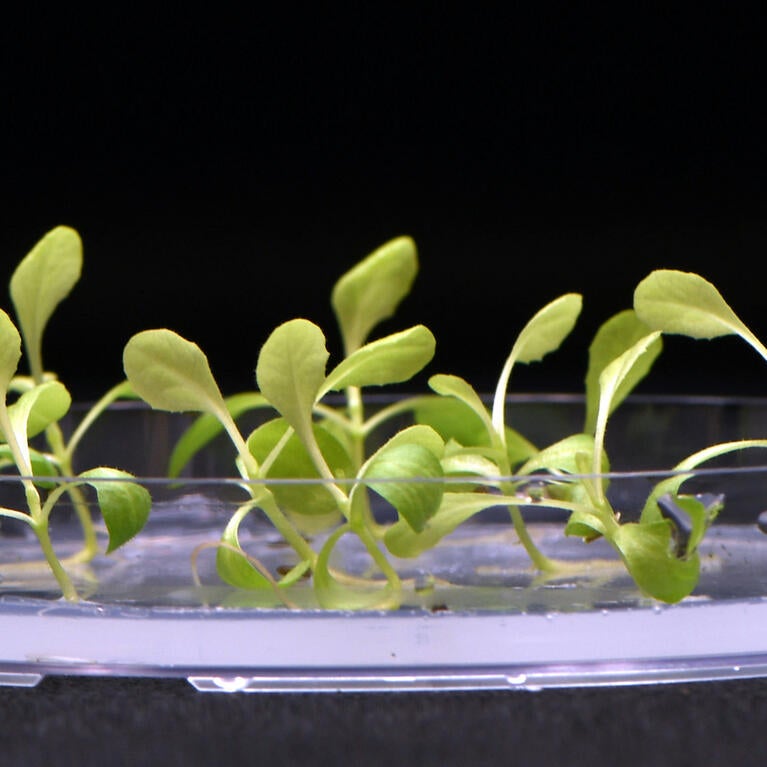
Artificial photosynthesis can produce food without sunshine
Scientists are developing artificial photosynthesis to help make food production more energy-efficient here on Earth, and one day possibly on Mars
By Holly Ober |
| Science / Technology
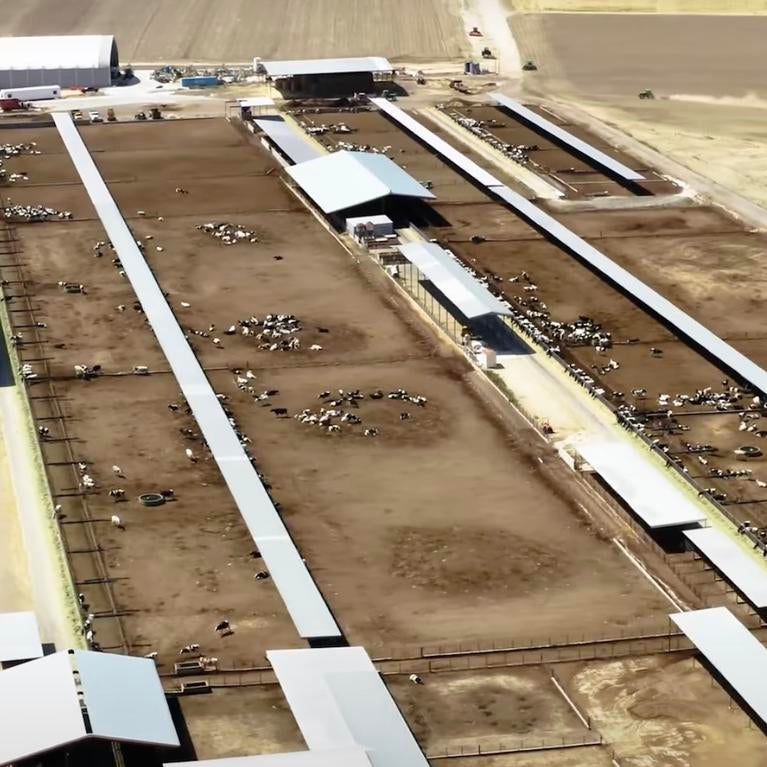
How drones can help dairy farms manage methane emissions
Accurate atmospheric measurements directly over their farm can help farmers fight climate change
By Holly Ober |
| Science / Technology
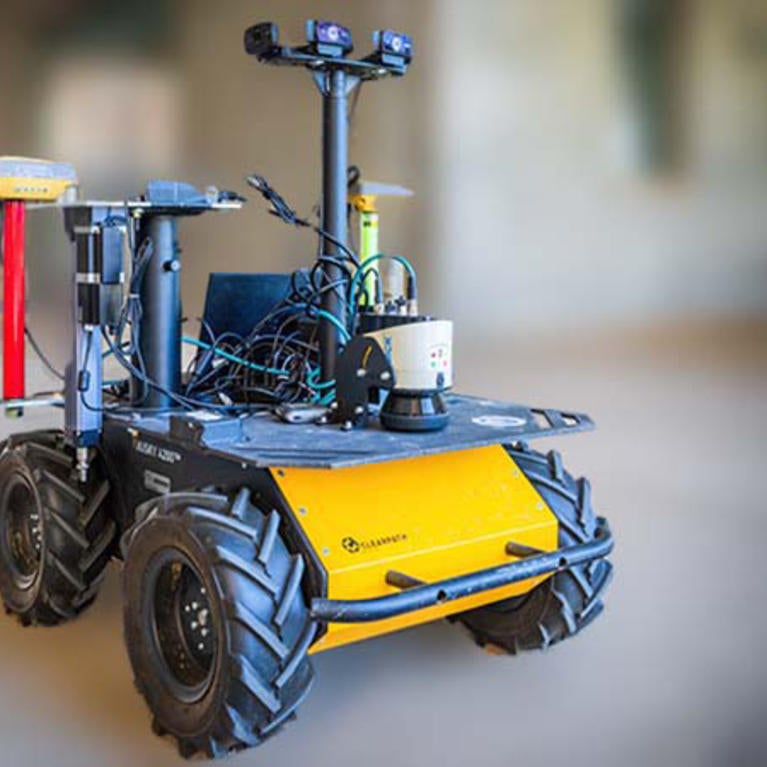
A robot that tells growers when to water crops is on the way
Researchers are creating an autonomous mobile robot to sample leaves and measure their water potential
By Holly Ober |
| Science / Technology
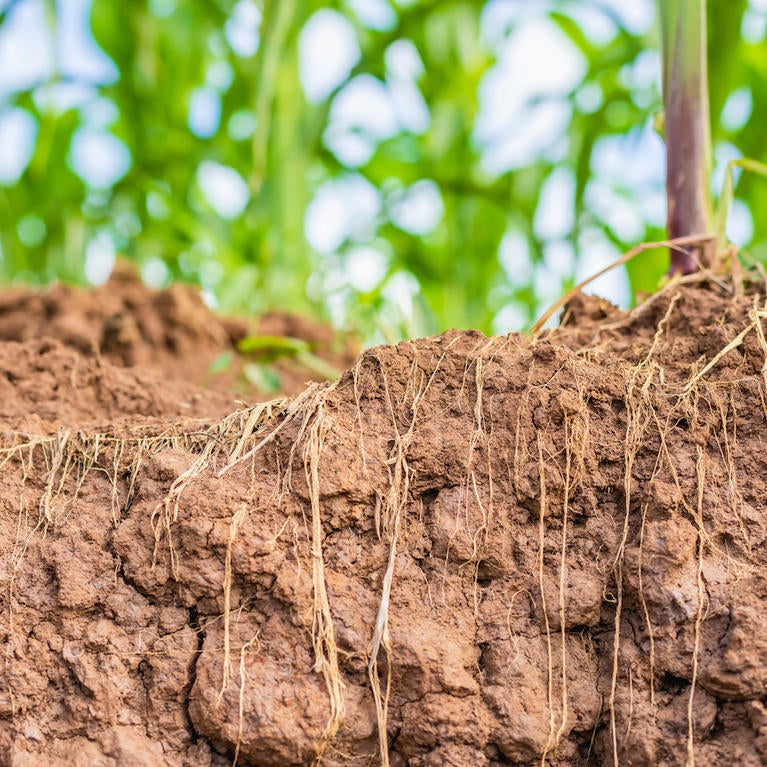
Some domesticated plants ignore beneficial soil microbes
Domestication yielded bigger crops often at the expense of plant microbiomes
By Holly Ober |
| Science / Technology
Pumpkins, trunk-o-treat, and family fun at UC Riverside
UCR’s Community Garden will host its inaugural Fall Festival and Pumpkin Patch on Oct. 26.
By |
| University
